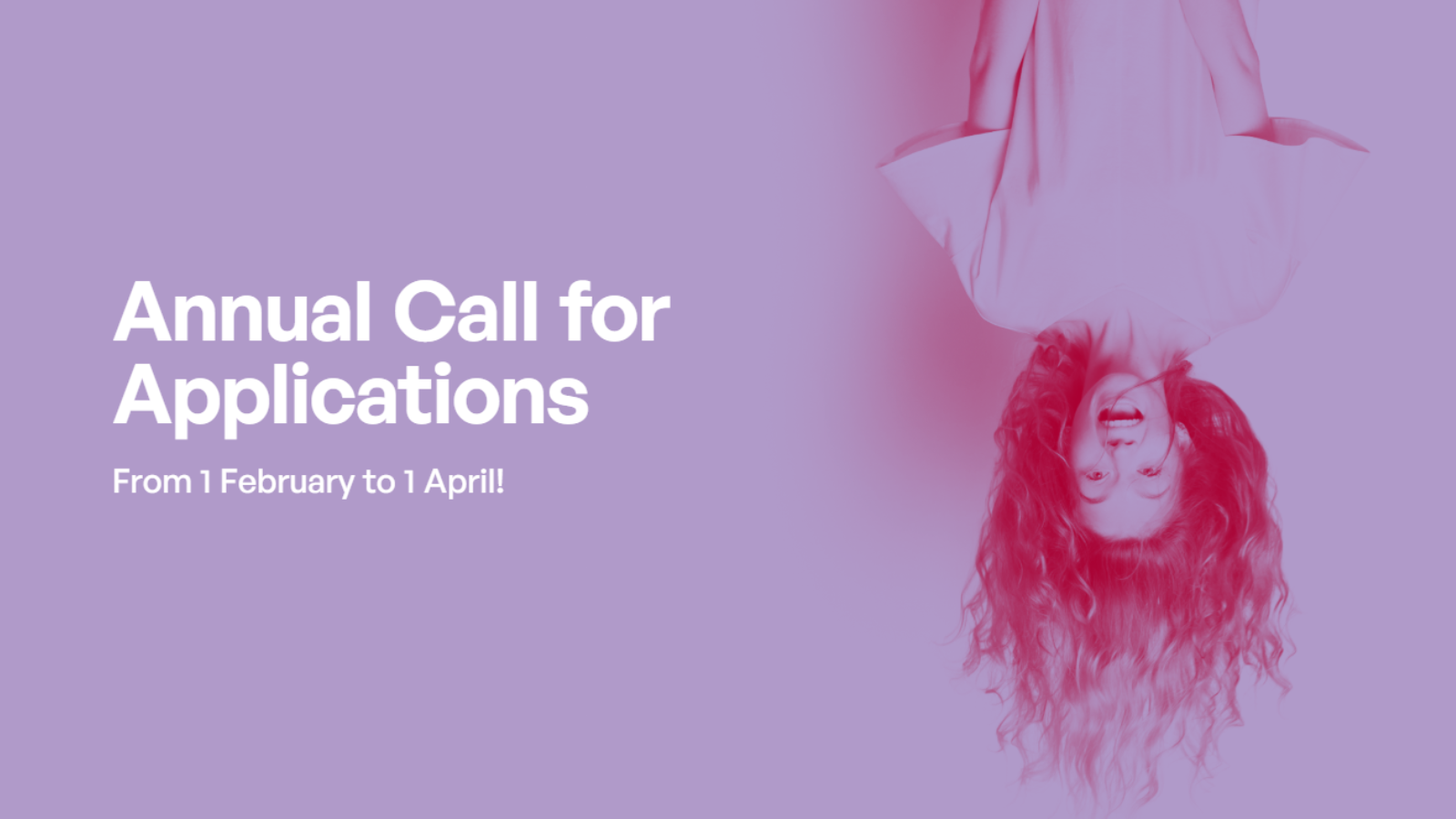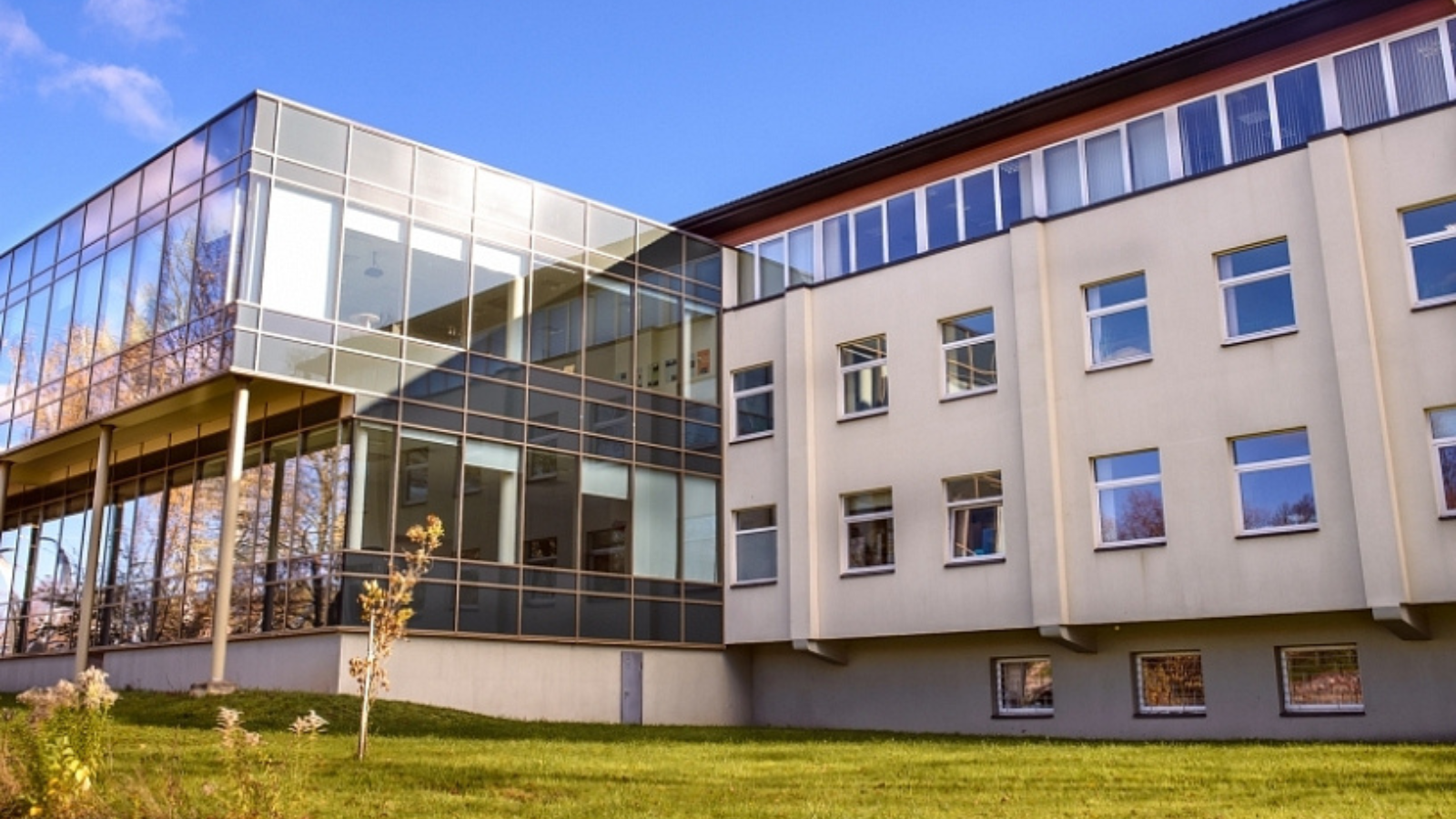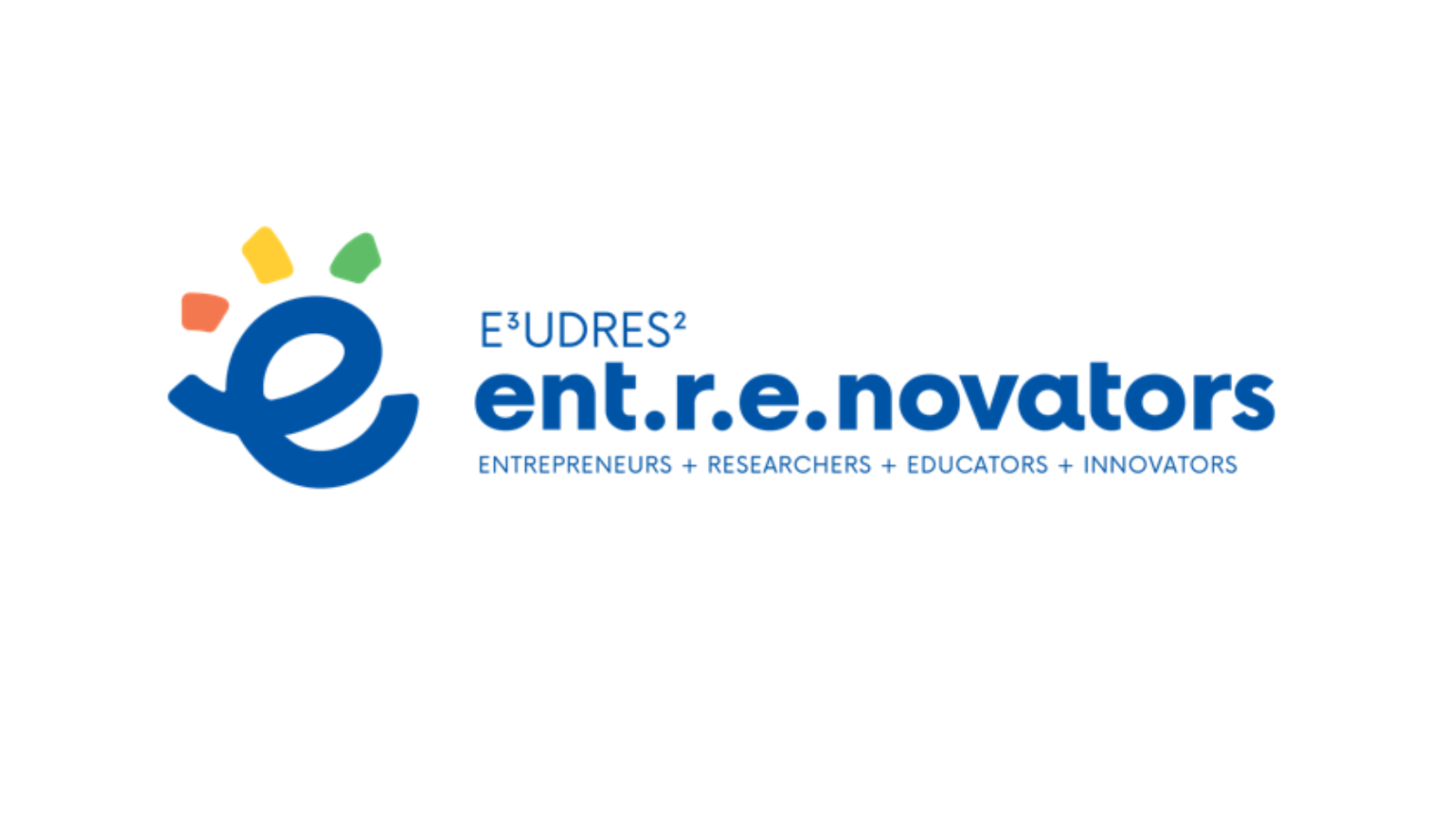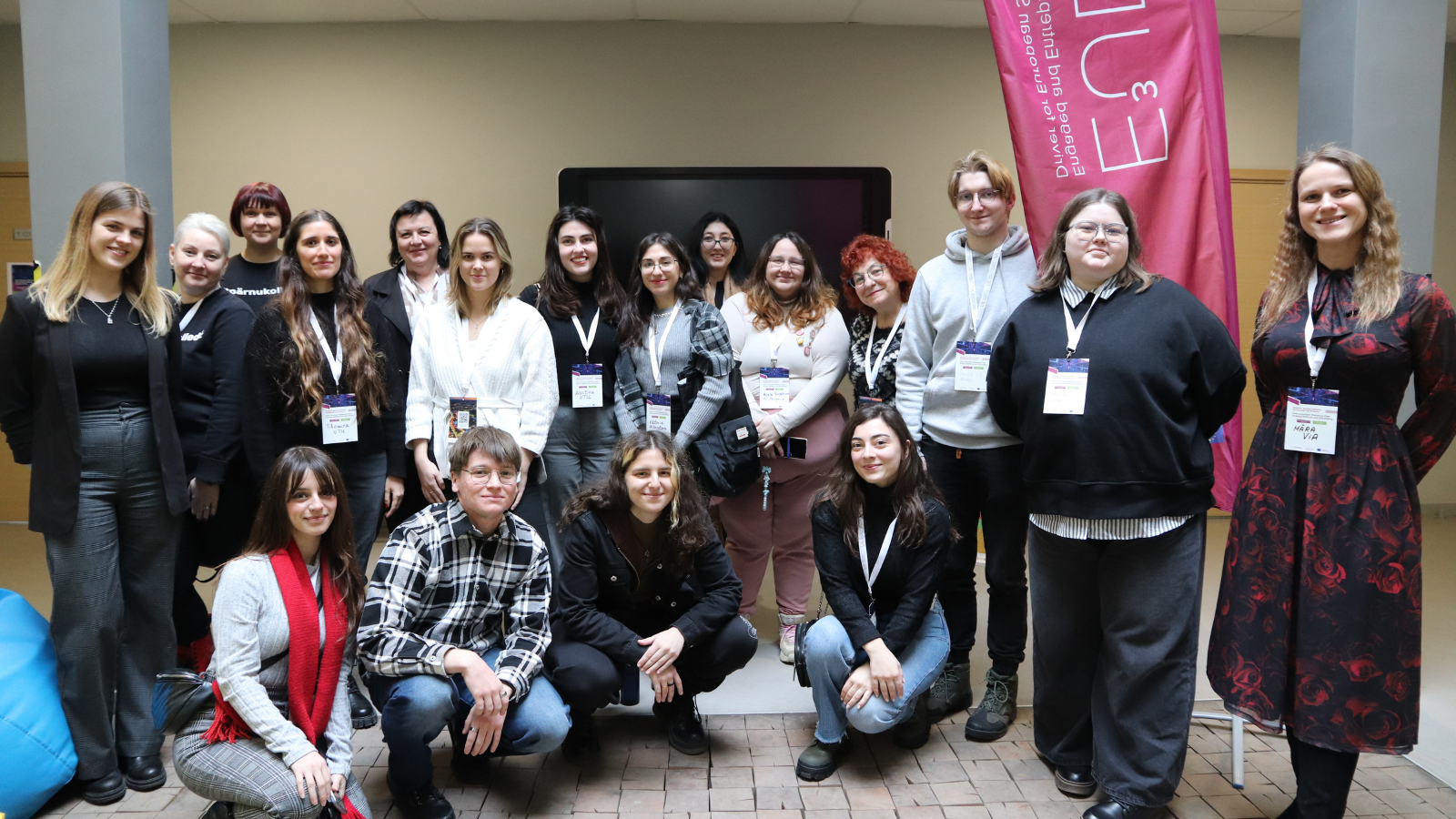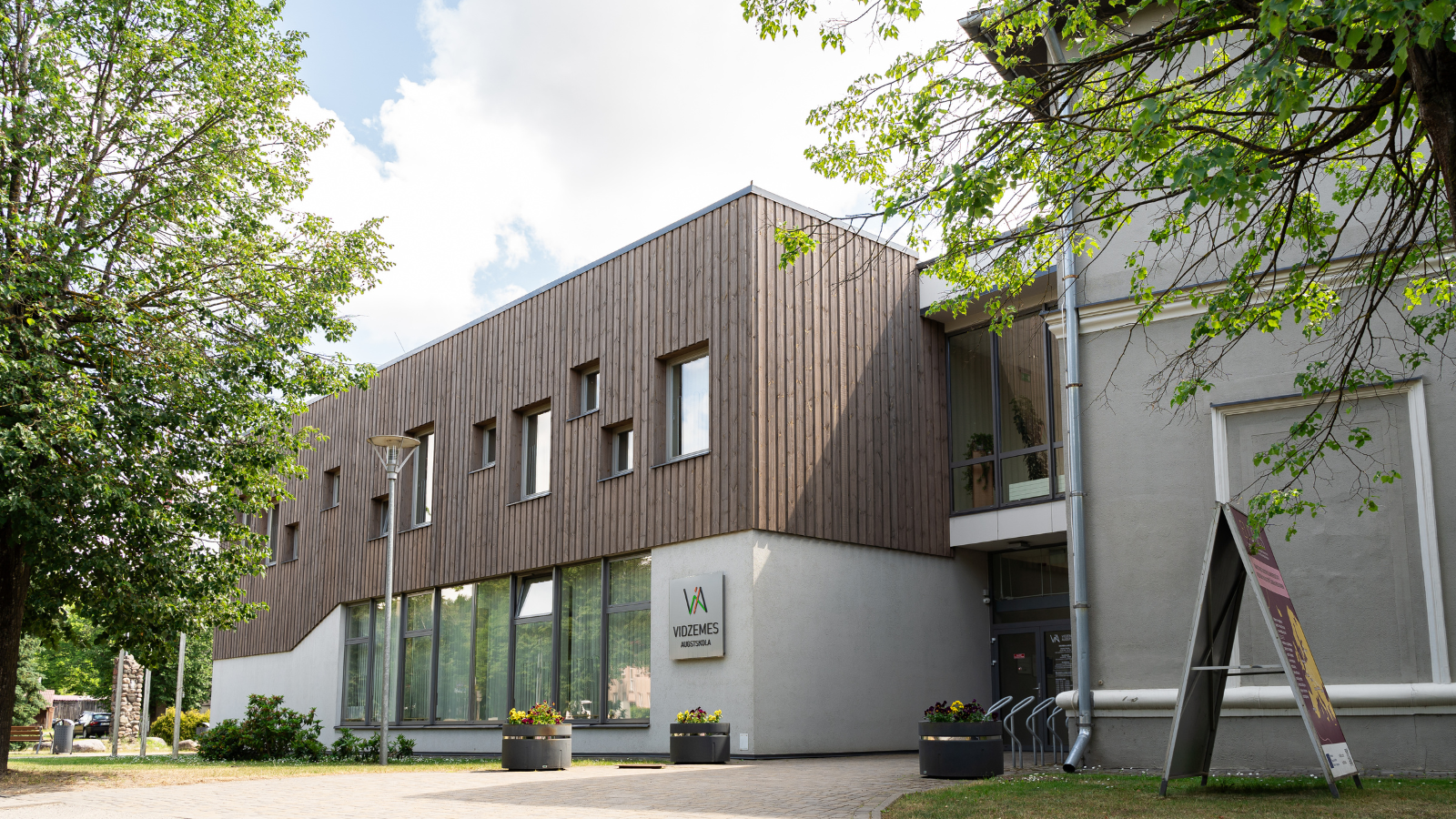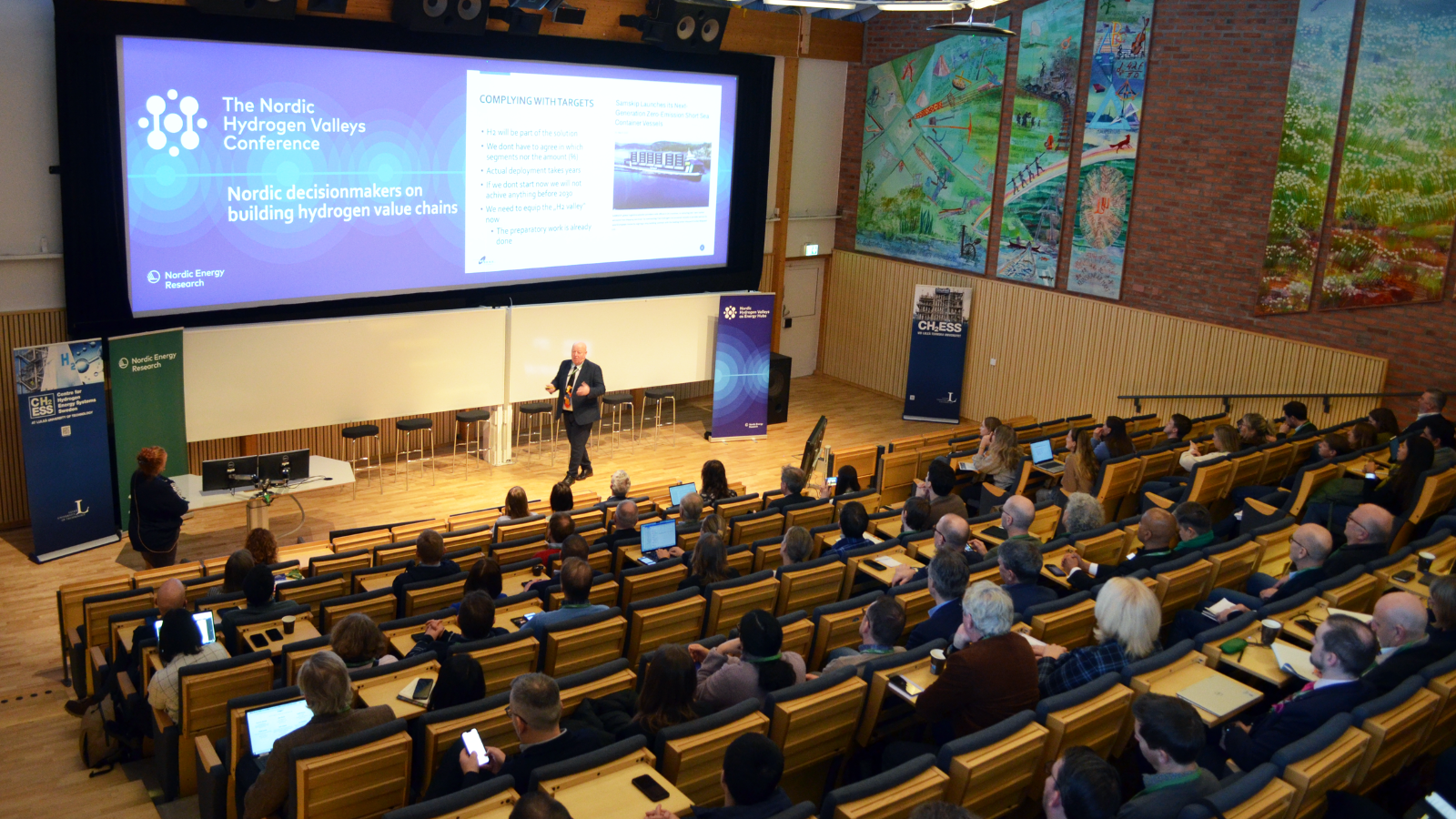At the end of January, Dace Dance, a research assistant at HESPI at Vidzeme University of Applied Sciences (ViA), participated in a conference at Lulea Technical University in Sweden to get acquainted with the latest discoveries of Nordic researchers in the development and opportunities of the hydrogen industry. During the conference, she learned about the current research topics in the Scandinavian region in this field and listened to the latest research results of leading experts.
The topic of hydrogen is closely related to the research project "Coastal fishing vessels powered by zero-emission hydrogen fuel cells", which is being implemented by researchers from Vidzeme University of Applied Sciences, Riga Technical University and the Stockholm Environment Institute Tallinn Centre in cooperation with entrepreneurs from Latvia and France.
During the conference, answers were sought to several questions, such as what are the drivers and obstacles to the development of clean hydrogen? What is the best thing to do on a Nordic scale to ensure faster development of hydrogen value chains? How to strengthen the connections between different stakeholders? What are the main challenges from technological, environmental, human resources and other aspects?
“It was a very broad and informative Nordic conference on the topic of hydrogen. Events, presentations and working groups analyzed the current situation from all aspects, as well as looked at the main challenges and future opportunities. Each researcher created a small but significant analysis of the field with their work, which together gave the opportunity to look at the hydrogen industry from a very broad and imaginative perspective. A great benefit was also the fact that the conference was attended not only by representatives of universities, but also by researchers, experts, industry developers and experts from other related fields from private institutes,” says Dace Dance, scientific assistant at ViA HESPI.
A consensus was observed at the conference that pure hydrogen is an essential component in moving from fossil fuels to a green way of obtaining energy. “The use of hydrogen was discussed from various aspects, starting with materials science - what is currently relevant, what is being studied, for example, how to obtain this hydrogen, which of the methods of obtaining it are environmentally friendly and which are not, which technologies have potential at the initial stage or at least theoretically can be calculated to have benefits,” continues D.Dance.
Attention was also paid to aspects such as the storage and transportation of hydrogen energy and which sectors could be the first to switch to this energy. The biggest beneficiaries were also assessed, including the need to have educated specialists with appropriate competences and skills in this area. Knowledge exchange and dialogue took place in several panel discussions with researchers and experts. Sigrid Lædre, Senior Researcher at SINTEF and Project Manager of NordicH2ubs, linked the lack of political dialogue on hydrogen mentioned by Skulason and Lykketoft to the lack of actual knowledge about hydrogen among politicians. “Politicians may have heard about the potential of hydrogen, but they don’t understand how to do it,” said Ledre.
“One of the challenges is that no one really knows where we are going. There needs to be clearer messages from governments – clearly defined directions, rather than general policies and placing responsibility on the industry. In parallel, Vigdis Olden, Senior Researcher at SINTEF and Project Manager of MatHias, stressed how important it is for researchers to communicate in a way that is well understood by politicians and the public. In-depth attention was paid to the public perception of this topic, what is the general mood in the Nordic countries. “There was a lot of talk that the technology is new, but there is already a negative reaction in society,” says D. Dance.
The discussions emphasized that not only public knowledge about hydrogen in general should be increased, but also the level of understanding of politicians about this technology. Speaking of community aspects and citizen engagement and education on the topic of hydrogen, the conference agenda included a session dedicated to the democratic involvement of the indigenous people of the Nordic countries, the Sami, in the development of the future energy source. Stefan Mikaelson, a representative of the Swedish Sami Parliament, Sámedikke, participated in the conference and presented the views and position of the Sami people to the attendees. The dialogue was led by researchers from Scandinavia and Canada - Rasmus Kloker Larsen, Senior Research Fellow at the Stockholm Environment Institute, and Michael Ross, Industrial Research Chair in Nordic Energy Innovation at Yukon University. They stressed the importance of listening to and also taking into account the thoughts of indigenous peoples regarding the development of renewable energy and agreeing on a common vision for the future of sustainable development.
“The conference was a breakthrough in the research in the Nordic region specifically on hydrogen in the maritime sector. This will also be useful for the ViA study H2-SEAS, and we will have the opportunity to use the direct contacts gained at the conference for the further development of our project and, possibly, some new forms of cooperation,” reveals D. Dance.
The focus of the ViA project H2-SEAS is on environmental impact and life cycle calculations for a prototype of a small-scale fishing vessel, which is currently still in the development stage. The H2-SEAS consortium offers an affordable, innovative and complete hydrogen-electric solution to accelerate the sustainable transition to zero-emission fishing vessels under 12 meters in length in the North Sea and Baltic Sea basins.
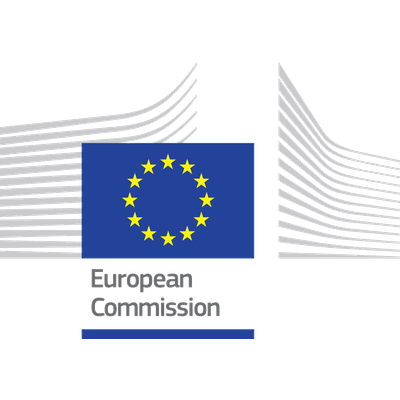
Average tuition fee ranges from €2,800 to €15,000 per year. For medical or executive business programmes it may cost up to €15,000 per year.
Scholarship cannot be awarded concurrently with other grants.
A scholarship holder is required to make his own arrangements for insurance coverage.
Scholarships do not fully cover all the expenses related to your studies. Some expenses related to tuition fees, living costs, and other expenses must be covered personally.
Travel expenses from a home country to and from Latvia are not covered by Latvian state scholarships.
If student is present in the territory of Latvia for less than 15 calendar days, then no scholarship is provided.

